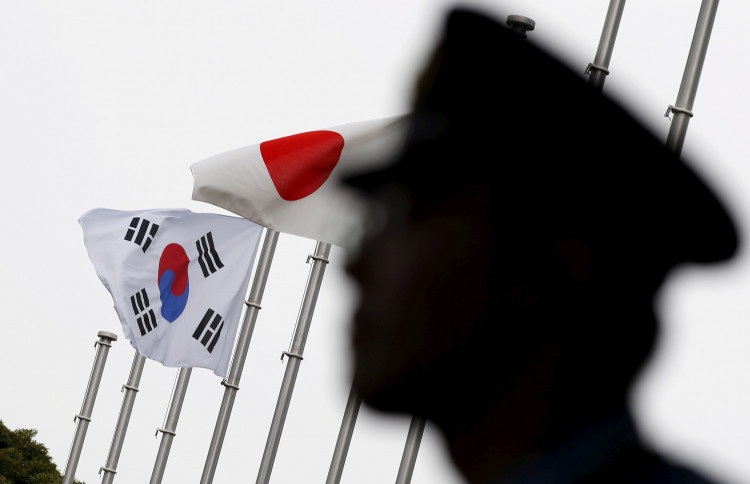In the wake of the emergence of OpenAI's GPT series, governments and corporations worldwide are catching a glimpse of the Fourth Industrial Revolution. Major economies globally are throwing their hats into the ring, placing heavy bets in a bid to seize the advantage in the AI race. South Korea, already a player in the semiconductor field, is striving to join the ranks of AI superpowers.
Recently, the South Korean government's national digital strategy revealed its goal to become one of the top three global AI superpowers by 2027, right after the U.S. and China.
Industry observers believe that South Korea's leading position in the memory chip market and a robust AI ecosystem give it an edge in the global AI chip race.
Developing and running large language models similar to the OpenAI GPT series requires not only high-performance GPUs like NVIDIA's A100 but also depends on high-performance memory chips. South Korea is a global leader in the field of memory chips.
South Korean companies Samsung Electronics and SK Hynix are the world's two largest memory chip manufacturers, and they continue to invest actively in AI research and development.
Data from research firm TrendForce shows that in the fourth quarter of 2022, Samsung held 40.7% of the market share in the memory chip sector, SK Hynix had 28.8%, and Micron Technology was third with 26.4%.
Samsung stated in March that it planned to invest 3 trillion KRW (about 1.67 trillion CNY) to establish a new semiconductor facility in South Korea.
South Korea's Minister of Science, Lee Jong-ho, conveyed to American media CNBC that the operation of artificial intelligence, including large-scale language models, requires a significant amount of semiconductor chips. Global companies are engaged in fierce competition to create high-performance and low-power AI semiconductors optimized for AI computing.
Analysts have noted that American chip designers like Intel and NVIDIA have hardly ventured into the memory chip sector, which puts South Korea at a unique advantage in the future AI race.
At the same time, the South Korean government is actively investing in the AI industry chain.
In 2022, South Korea's Ministry of Science announced it would deploy 1.02 trillion KRW (about 54.5 billion CNY) over the next five years for research and development of AI semiconductors.
Minister Lee Jong-ho further remarked that AI has not only driven the development of digital industries such as cloud computing and metadata but is also a key factor in significantly enhancing the productivity of traditional industries like manufacturing and logistics.
He expressed a strong commitment to helping South Korea secure world-class AI semiconductor technology, utilize its memory semiconductor capabilities, phase in AI semiconductors before 2030, develop additional applications for data centers, and train experts in AI semiconductors.
Within South Korea, several strong companies have already launched their large models.
As previously introduced by Wall Street See, the domestic search engine giant Naver plans to export large models to Middle Eastern countries such as Saudi Arabia. Naver's AI business director stated that Naver's large model is about eight months behind ChatGPT and that the export price is much lower than that of American tech companies, providing better quality in localized services.






